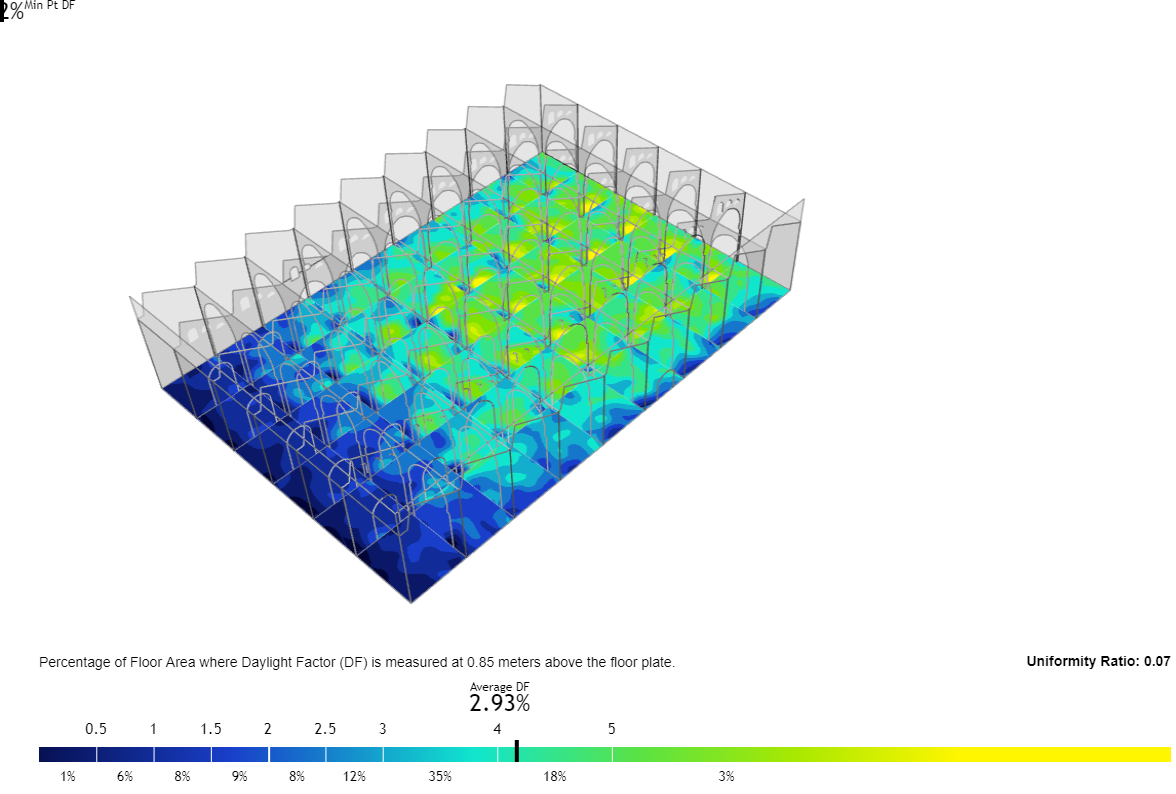Environmental performance and assessment tools

Module 2 | ENVIRONMENTAL PERFORMANCE AND ASSESSMENT TOOLS | 6 credits
The Module introduces the analytical procedures and computational tools, beginning with fieldwork techniques based on indoor and outdoor observations and environmental measurements. This is followed by computer modelling of selected processes and spaces, testing of models against measurements and performing simulations to assess the effects of solar, thermal, airflow and daylighting processes against targets and benchmarks. A range of computational tools will be introduced and applied to diagnostic tasks as well as generative processes. Their application will initially be explored on the team projects providing the essential expertise required for undertaking the Units of M3 and M4 and the Design workshops.
The Module analyses the international methodologies for Indoor Environmental Quality assessment and the tools available to evaluate and compare the environmental and energy performance of different design scenarios in the specific Middle East (hot dry) climatic and environmental context. Three unites are oriented to understand the relationship between architectural solutions/building technologies/materials with the energy performance, experimenting the analytical methods in selected case studies and calculating the environmental and energy parameters, applying specific tools for climate and microclimate analysis. Three Units are dedicated to analyze the human and psychological aspects of thermal comfort surveys, pointing out the methodology to evaluate the post-occupancy satisfaction as well as the role of end-users behavior to reduce energy consumption in buildings.
Units:
- Energy management-energy performance modeling
- Environmental and energy parameters calculation
- Post-occupancy evaluations.
- End User behavior
- Inside Comfort and psychological aspects
- Method for Indoor Environmental Quality assessment
Thanks to the involvement in practical activities and workshops, Students will be able to evaluate and compare the energy performance of different design scenarios. They will be able to experiment the analytical methods in selected case studies, applying specific tools for climate and microclimate analysis as well as indoor environmental quality assessment, energy parameters calculation, thermal comfort surveys, end user behavior and post-occupancy evaluations.


